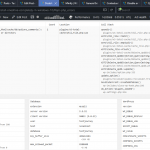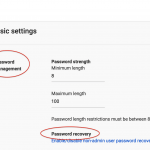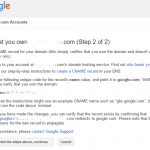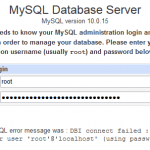XCache is a PHP opcode cacher, more commonly known as PHP accelerator that speeds up PHP-based web pages serving and reduces web server load. XCache comes with a web-based administration page (admin-page) user interface that allows administrators or webmasters to monitor and operate the PHP opcode cache in the memory with the performance statistics. To use this admin-page, an user ID and password have to be defined in PHP.INI configuration file under xcache.admin.user and xcache.admin.pass parameter to authenticate the http-auth process.
For security purpose, password value entered in xcache.admin.pass has to be the MD5 hash. When user go to XCache admin-page, the http-auth will prompt to ask for user name and password credential. If the MD5 hash value for the password that user wants to use and assumed to be correct, is in fact a wrong one, then user will unable to login to the admin-page.
To generate the MD5 hashes for your desired password for XCache admin-page in PHP.INI, there are plenty of methods. The following two ways are some of the simplest way to get the password’s MD5 value without compromising security by transmitting password across network or Internet in plain text.
PHP Script
Create a new PHP script page on the webserver, and place the file within a website or virtual directory accessible from Internet:
<?php
echo md5("password");
?>After saving the file with any name, request it from web browser using your domain name and get the MD5 hash value for your password, and update PHP.INI with the value.
md5sum
md5sum is a computer program which calculates and verifies MD5 hashes, and is installed by default in most Unix, Linux, and Unix-like operating systems or compatibility layers, including CentOS, the popular operating system for web hosts.
To generate MD5 hash value for the password using md5sum, the correct syntax is as follow:
echo -n "password" | md5sum
SSH to the server and run above command, the enter the value generate into PHP.INI.
In both cases, restart Apache web server after editing PHP.INI to make the changes effective.







